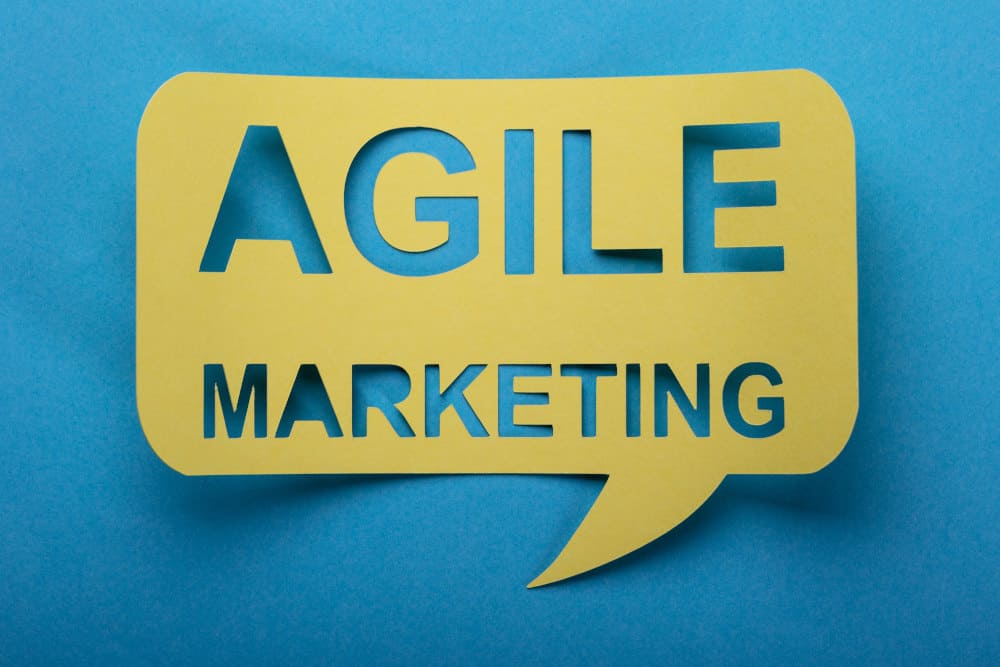
Agile marketing – also known as agile marketing – is an approach that has many supporters. The ability to adapt to a changing market, careful listening to the customer or an interdisciplinary team are some of the main features of such activities that contribute to the success of a company
The very term “agile marketing” gives little idea of what agile marketing is. The basic idea is to build on past experience and respond quickly to unexpected events. Agile marketing is therefore based on the long-term application of specific solutions while deliberately experimenting and focusing on audience satisfaction
The use of agile marketing dates back to the 1990s. It was then that the traditional project management approach in a software development environment failed the test. Developers were expected to create software based on specifications received. However, the time estimated by the manager usually turned out to be insufficient. What is more, the projects were not only delayed, but they also did not meet all the expectations of the consumers for whom they were built. All because the programmers did not focus on the real needs of customers, but only acted on the basis of received guidelines. So it was necessary to change the way of working on projects. The effects were so spectacular that other companies, also from outside the industry, started to use a similar approach.
Agile marketing will look a little different in every company, but some of its features remain the same. These are:
Although there is no shortage of skeptical voices claiming that agile marketing is just utopia, there are several arguments in favor of implementing such solutions in your own company. Currently, technological development is moving so fast that it is difficult to keep up. Therefore, the best results are achieved by companies that are able to quickly adapt to the changing situation. And not only social media are evolving, but also Google algorithms

The second advantage of agile marketing is the speed of implementing new actions. In contrast to the hierarchy and complexity of traditional businesses, agile marketing relies on interdisciplinary teams to quickly complete tasks without outside interference. Experts from different disciplines working on the same team are also able to support and complement each other.
Agile marketing also focuses on the customer and their expectations. This makes it possible to deliver specific value that exactly meets the needs of the user. Thus, the activities are supported by the customer experience and the company’s main objective is to meet the expectations set before it. Agile marketing allows you not only to gain new satisfied customers, but also to keep them with you by building the right relationships. And this is possible by constantly listening to the customers and adjusting the actions to their preferences